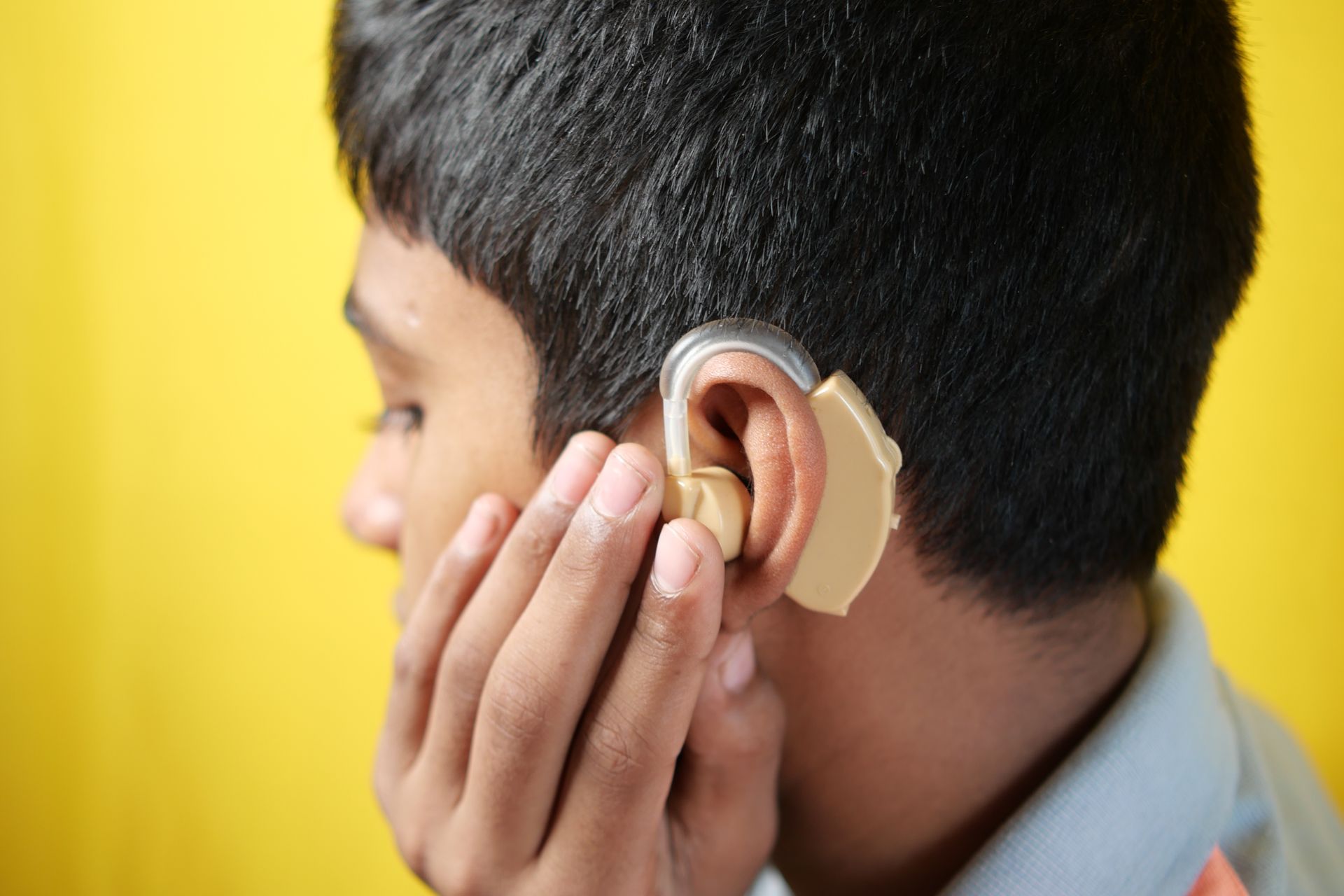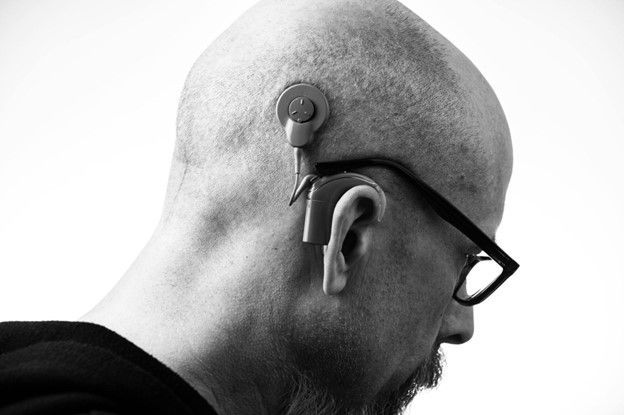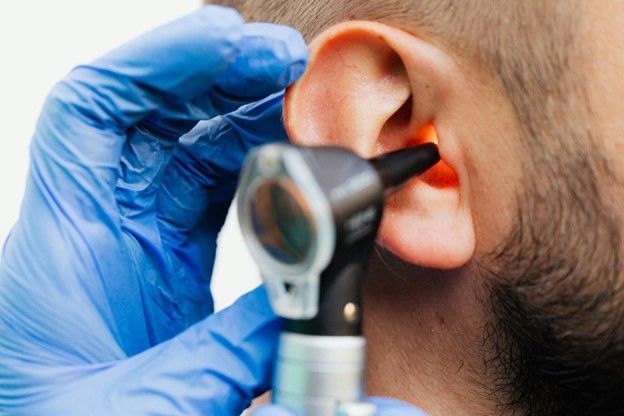How Long Do Sinus Infections Last?
A sinus infection, or sinusitis, occurs when the tissues lining the sinuses become swollen or inflamed. This inflammation can cause blockages and lead to nasal congestion, facial pain, pressure, and a stuffy nose. The infection can be triggered by viruses, bacteria, fungi, or allergens. Knowing how long it lasts and the factors influencing its duration can help individuals manage their symptoms effectively.
The Relation Between Sinus Infection Type and Duration
Sinus infections can be categorized based on how long they last and the underlying cause. There are three main types:
1. Acute Sinusitis
Acute sinusitis typically lasts for a short period, often ranging from 10 days to up to four weeks. It is usually caused by viral infections, such as the common cold. Acute sinusitis may start with cold-like symptoms and gradually worsen. While most cases resolve on their own, treatments like decongestants and nasal saline rinses can help ease the symptoms.
2. Subacute Sinusitis
Subacute sinusitis can last between four and twelve weeks. It often occurs when an acute sinus infection does not fully clear up or when seasonal allergies contribute to prolonged inflammation. This type may require a longer treatment period and needs medical attention if symptoms persist.
3. Chronic Sinusitis
Chronic sinusitis lasts for more than twelve weeks and can continue for months or even years if not treated properly. This type is commonly linked to ongoing issues like nasal polyps, structural abnormalities, or repeated infections. Managing chronic sinusitis often involves a combination of medical treatments and, in some cases, surgical intervention.
Factors Affecting the Infection Period
The length of a sinus infection can depend on several factors. For viral sinusitis, recovery may happen naturally within one to two weeks. Bacterial sinusitis can last longer, often needing antibiotics for a full recovery. Allergic reactions or underlying conditions can contribute to recurring or long-term sinus problems.
The severity of symptoms and how quickly treatment is started can also impact how long the infection lasts.
Effective Treatments for Sinus Infections
Treatments vary based on the type and cause of the sinus infection. For acute viral sinusitis, over-the-counter decongestants, nasal saline rinses, and rest can help. Staying hydrated and using a humidifier can also relieve congestion and pain.
In the case of bacterial sinusitis, a doctor may prescribe antibiotics if symptoms do not improve within ten days or worsen after initial improvement. It is necessary to complete the full course of antibiotics to prevent the infection from returning.
For chronic sinusitis, treatment may involve using nasal corticosteroids, antihistamines, or other prescribed medications. In some cases, surgical procedures may be needed to remove obstructions or treat structural issues contributing to repeated infections.
When to See a Doctor
If you have recurrent sinus infection or chronic sinus symptoms, it is important to consult an ENT specialist. They can provide a proper diagnosis and recommend treatments tailored to individual needs.
Preventing Sinus Infections
Proactive steps like avoiding known allergens, using a humidifier during dry seasons, and practicing good hygiene can help reduce the risk of developing sinusitis. Managing underlying conditions such as allergies or nasal polyps can also prevent chronic sinus issues.
If you are struggling with sinus issues or recurring infections, our team at ENT Medical and Surgical Group are here to help. We provide comprehensive care and tailored treatment plans to restore your well-being. Take control of your health and schedule a consultation.










Get In Touch
NEW HAVEN
46 Prince St, Ste 601
New Haven, CT 06519
203-752-1726
BRANFORD
954 Main St,
(11 Harrison Ave entrance)
Branford, CT 06405
NEW HAVEN
46 Prince St, Ste 601
New Haven, CT 06519
203-752-1726
BRANFORD
954 Main St,
(11 Harrison Ave entrance)
Branford, CT 06405
Need Help?
Hi there! Have some questions about our company? Find the answers below.
-
How Do I Make An Appointment?
Please complete the Appointments Form or call the location number.
Reminder:
Before your first appointment, please ask your primary care physician to provide you with any pertinent information about your condition. This will include x-rays, CAT scans, lab tests, hearing evaluations, or any other information regarding treatments. Please bring this information with you at the time of your first visit.
We also ask that you contact our billing department at (phone) 203-234-2119 or (fax) 203-239-3047 prior to your first visit. A member of our staff will verify your insurance eligibility and help answer your questions.
-
How Long Does An Appointment Take?
The appointment length depends on the reason for your visit. We know your time is valuable, and we want to make your experience as good as possible.
-
What Insurances Do You Accept?
We accept most insurance. If your insurance plan requires a referral from your primary care physician, please have your doctor provide our office with this referral prior to your first visit. Unfortunately, these types of insurance plans will not pay for your care unless we have an active referral on file. You may wish to check with your insurance company prior to your visit to be sure that a referral has been issued.
-
How Do I Contact The Office During Off-Hours?
Please call our location office number. For emergencies, please dial 911.
-
What Is Your Policy For Missed Or Cancelled Appointments?
To better serve you and accommodate all patients, it is our policy to charge $50 for patients who do not show up for their appointment and charge $25 for patients who cancel in less than one business day.
Ready to Get the Care You Need?
ENT Medical and Surgical Group is committed to exceptional ear, nose & throat care and ensuring a great patient experience.
Get in touch with us and let us know how we can help!
Ear, Nose, & Throat Physicians in New Haven, North Haven, and Branford, CT. Call one of our offices today to schedule an appointment or to learn more about our medical and surgical services.
NEW HAVEN
46 Prince St, Ste 601
New Haven, CT 06519
203-752-1726
All Rights Reserved | Ear Nose & Throat Medical and Surgical Group, LLC.
Powered by:



